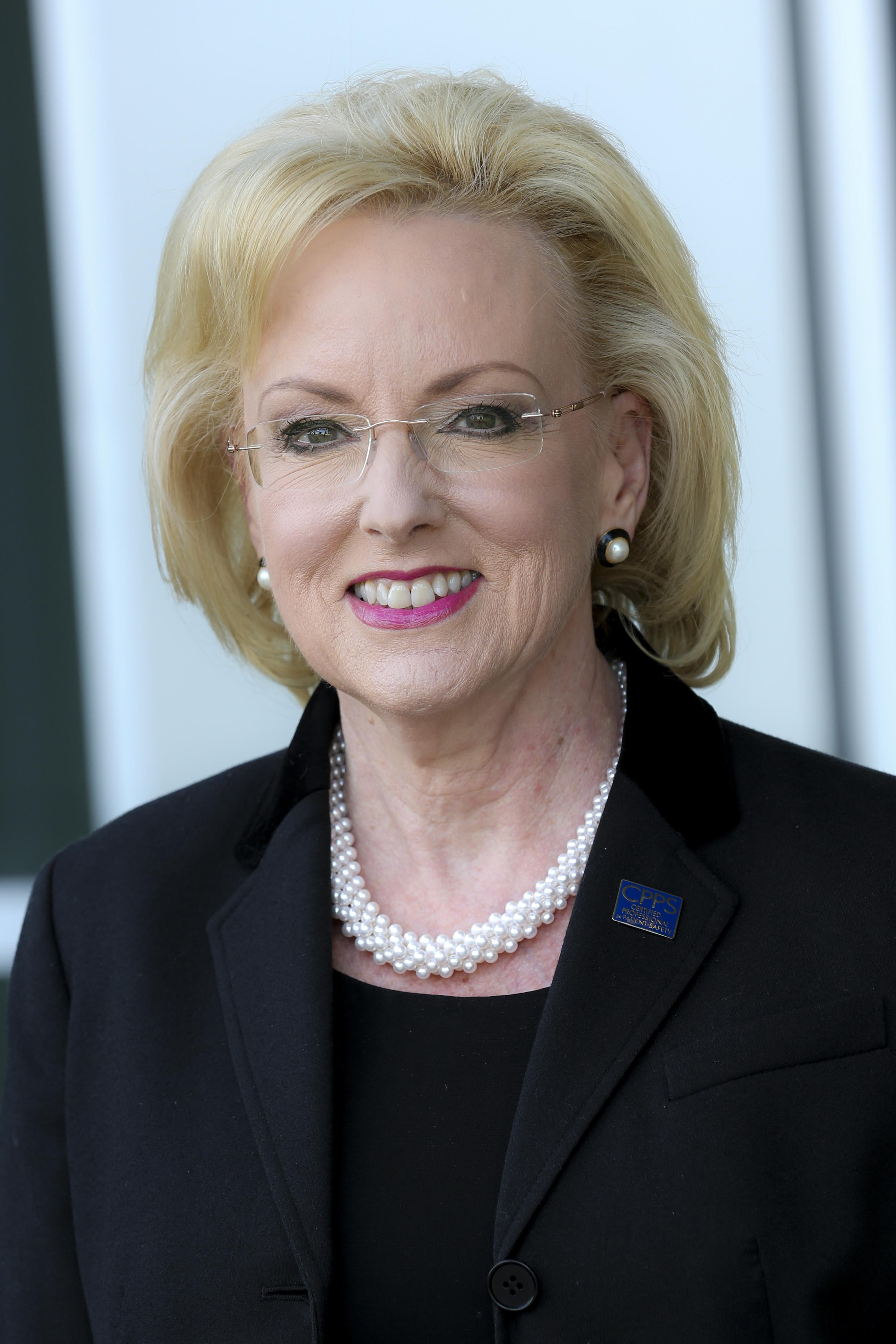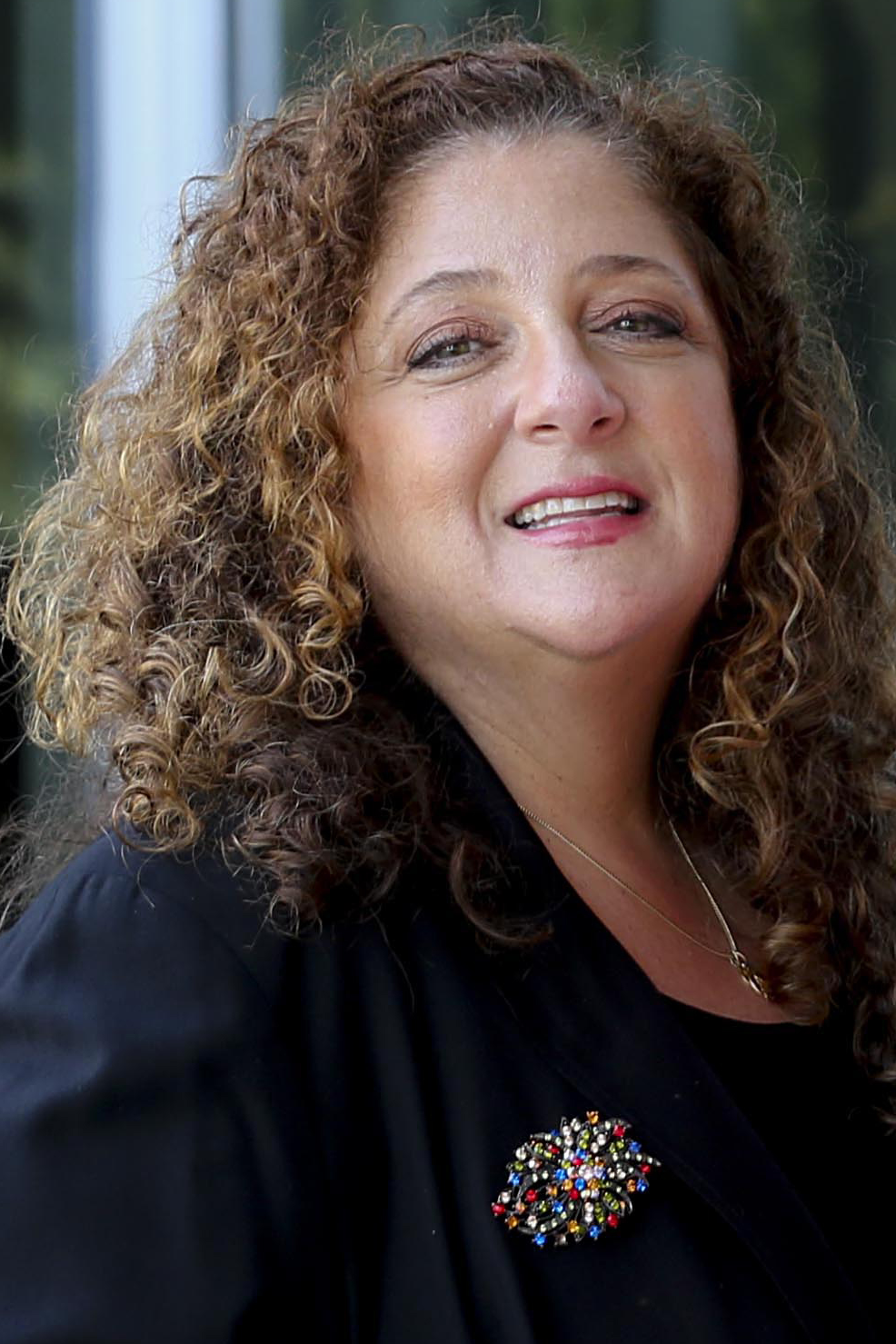Conviction of nurse highlights the need for more patient safety education in health care
- April 26, 2022
- By: Steven Bartolotta
- Education


The recent conviction of RaDonda Vaught, a former nurse prosecuted for a fatal drug error in 2017, has brought to the forefront the importance of patient safety and what can be done to avoid such a scenario in the future.
Two years ago, the Texas College of Osteopathic Medicine (TCOM) at The University of North Texas Health Science Center at Fort Worth took the initiative to address the rising tide of medical errors that have resulted in preventable deaths. With estimates ranging between 250,000 and 400,000 preventable deaths per year due to medical errors, TCOM has stepped up to help fill the medical education void specifically related to patient safety.
Starting in July 2020, TCOM became the only medical school in the country to offer a course specifically designed to prepare students for the Certified Professional in Patient Safety (CPPS™) examination. TCOM collaborated with the Institute for Healthcare Improvement (IHI), the education partner of the Certification Board, to develop the curriculum.
“IHI’s evidence-based, internationally recognized resources were invaluable,” said Dr. Lillee Gelinas, DNP, RN, CPPS, FAAN. “We didn’t have to reinvent the wheel related to patient safety knowledge. TCOM focused on integrating that knowledge and related competencies into our curriculum.”
Dr. Gelinas and Janet Lieto, DO, FACOFP, CMD, CPPS, developed TCOM’s Patient Safety Course. Dr. Lieto is the course director for TCOM’s Professional Identity and Health Systems Science Course, spanning all four years of medical education, providing TCOM students the opportunity to learn the complexity of the entire health care system.
“Patient Safety is one part of Health Systems Science and should not be regarded in a silo,” said Dr. Lieto. “Educating TCOM medical students about the significance of systems allows development of their own Professional Identity, helping them understand how to succeed in a broken health care system.”
“The majority of patient safety events are the result of systems issues,” noted Dr. Gelinas. “At TCOM, students learn the multiple factors in our complex health care system that contribute to preventable harm and death.”
Since 2020, 424 students have completed the course, with 98% of TCOM’s class of 2021 achieving the CPPS credential. The TCOM student pass rate on this exam is 94% on the first attempt, compared to the international pass rate of 70%.
Faculty, too, are becoming certified.
Dr. Frank Filipetto, Everett Endowed Professor and TCOM Dean, made it a priority among his faculty members to also take the course and the examination. Now, 24 TCOM faculty members are CPPS certified, including the Dean.
“Patient safety has to be a priority. Those of us in the profession, we have an obligation to fill in the very serious gap in medical education,” said Dr. Filipetto.
Among those 24 TCOM faculty who became certified were physicians, clerkship directors, psychologists and nurse practitioners, representing different areas within the profession.
The innovative curriculum is also giving TCOM students an advantage in the job market when it comes to residency. During residency interviews, they are being asked about their CPPS credential and what they can bring to a hospital’s patient safety improvement initiatives.
Dr. Lieto and Dr. Gelinas have been very busy making presentations to their colleagues and professional groups around the nation, including the IHI Safety Congress. The message — and passion behind it — is simple.
“We want to help others who want to adopt our strategy, because we know it will take all of us to improve patient safety,” said Dr. Gelinas. “One preventable death is one too many.”
The long-term effects of the conviction of Vaught will be something the health care community must address. The case has shined a spotlight on the work environment of the front line and led to questions about what systems are in place to allow physicians, nurses and all health care workers to practice safely.
TCOM has taken on the leadership responsibility to improve patient care and prepare providers of the future to deliver that care safely.
“The RaDonda Vaught case is a tragedy,” said Dr. Gelinas. “It demonstrates the Inherent and serious risks involved in patient care. I hope this case compels us to ’act together.’ We can collectively get smarter to keep patients safe.”
![Uyen Sa Nguyen Scaled[58]](https://www.unthsc.edu/newsroom/wp-content/uploads/sites/16/Uyen-Sa-Nguyen-scaled58-145x175.jpg)




Social media